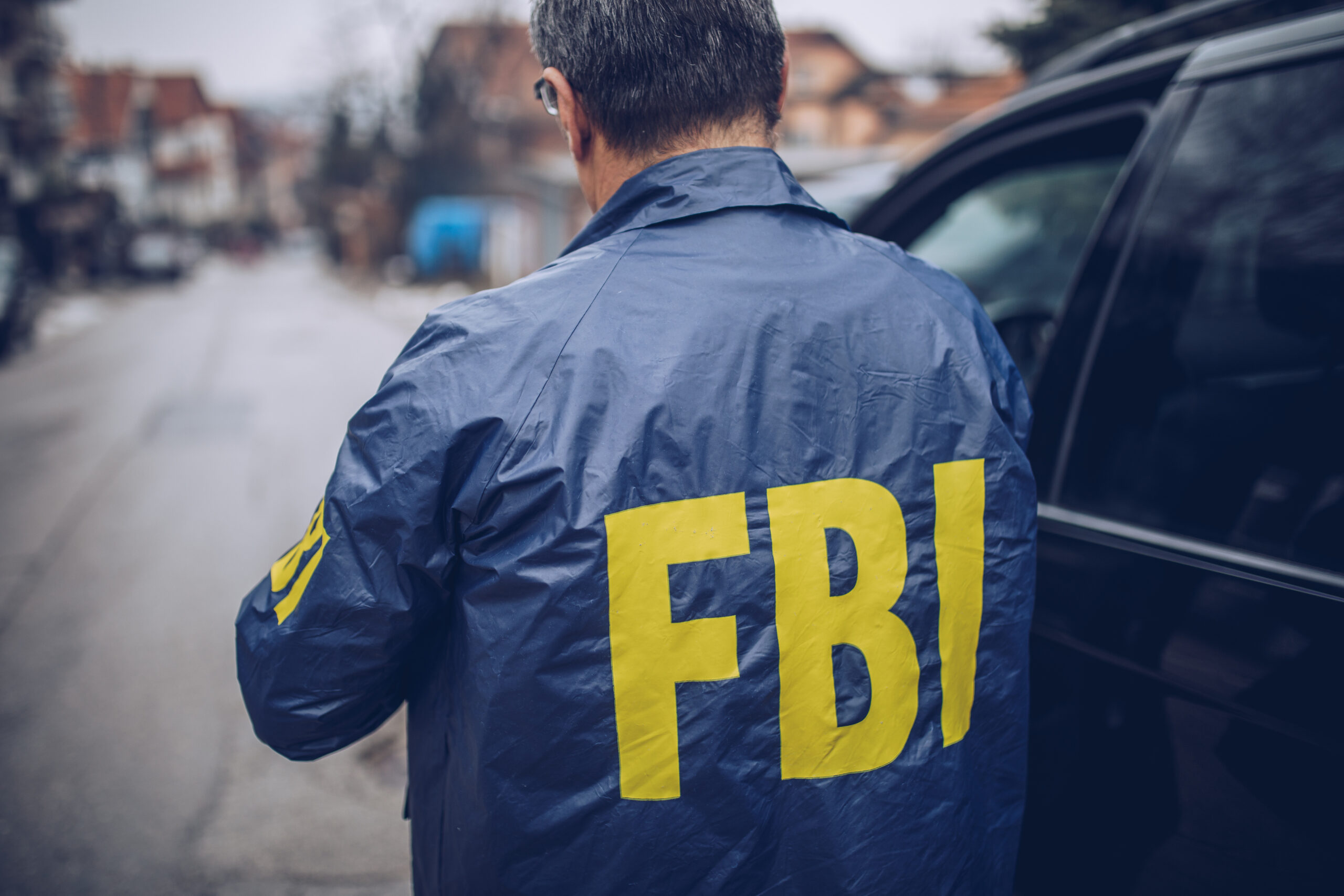
When facing legal challenges, especially criminal charges, selecting the right defense attorney can make all the difference in the progression and outcome of your case. In Dallas, TX, where the legal system can be complex and unforgiving, having a skilled and experienced defense lawyer by your side is a must. In this article, we’ll explore the key factors to consider when choosing the right criminal defense attorney, with insights from James Lee Bright, a prominent defense lawyer serving the Dallas community.
1. Experience and Expertise:
Look for a defense attorney with a proven track record of successfully handling cases similar to yours. With years of experience in criminal defense law, James Lee Bright deeply understands the local legal system and knows how to navigate its complexities effectively.
2. Reputation and Reviews:
Research the attorney’s reputation within the legal community and among past clients. Positive reviews and testimonials can provide valuable insights into the attorney’s professionalism, communication style, and ability to achieve favorable outcomes. James Lee Bright’s reputation for integrity, dedication, and client-focused representation speaks volumes about his commitment to excellence.
3. Specialization and Focus:
Choose an attorney who specializes in the specific area of law relevant to your case. James Lee Bright focuses exclusively on criminal defense, allowing him to concentrate his skills, resources, and expertise on defending clients facing a wide range of criminal charges, from DUI and drug offenses to assault and white-collar crimes.
4. Personalized Attention:
Ensure that the attorney you choose is willing to provide personalized attention and tailored legal strategies based on your unique circumstances. James Lee Bright understands that every case is different and takes the time to listen to his clients, address their concerns, and develop customized defense strategies designed to achieve the best possible outcome.
5. Communication and Accessibility:
Effective communication is crucial throughout the legal process. Choose an attorney who is accessible, responsive, and transparent about the status of your case. James Lee Bright prides himself on maintaining open lines of communication with his clients, keeping them in the loop at every stage of the proceedings, and promptly addressing any questions or concerns they may have.
6. Trial Experience:
While many cases are resolved through negotiation or plea agreements, it’s essential to choose an attorney with significant trial experience in case your case goes to court. James Lee Bright is a seasoned trial lawyer who is not afraid to aggressively advocate for his clients in the courtroom, presenting compelling arguments and challenging the prosecution’s case with skill and confidence.
7. Fee Structure and Affordability:
Discuss the attorney’s fee structure upfront to ensure that it aligns with your budget and expectations. James Lee Bright offers transparent and competitive fee arrangements, to provide quality legal representation accessible to those in need.
8. Trust and Comfort Level:
Trust your instincts and choose an attorney with whom you feel comfortable sharing intimate details of your case. James Lee Bright’s compassionate and empathetic approach puts clients at ease, empowering them to confront their legal challenges with confidence and peace of mind.
Choosing the right defense attorney is a critical decision that can profoundly impact the outcome of your case and the rest of your life. By considering factors such as experience, reputation, specialization, communication, trial experience, and affordability, you can make an informed choice that sets the stage for a successful defense. With James Lee Bright by your side, you can rest assured that your rights will be fiercely protected and your interests vigorously advocated for every step of the way.







